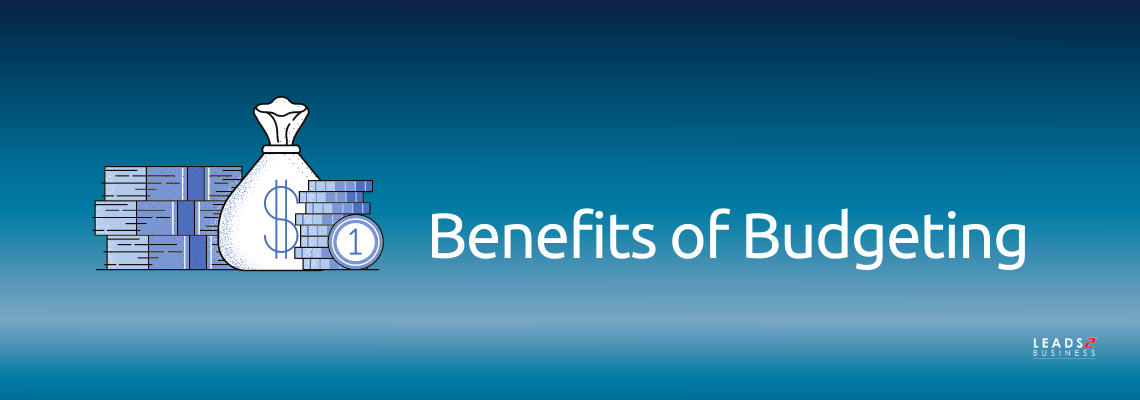
Budgeting – a word that sounds as if you’ve just stripped the fun out of life. You get your salary at the end of the month and before you have even had a chance to look at your balance you are already hearing that familiar tone on your phone letting you know that your balance is reducing, as one by one, those pesky bills are coming off. If you have not done your planning correctly, you may even feel a little stress and anxiety, hoping and praying that you have in fact got enough left over to get through the rest of the 28 days or so of the month remaining. Perhaps you are more organized than others and, even without a budget, you are confident that your income, by far, exceeds your expenses. Then you get a spontaneous urge to go on a much-needed weekend away or indulge in something a little extravagant but are unsure as to how much you actually have available as you have lost track of what is available to spend and what is still to be paid. What if I told you that this does not need to be your reality? And what if I told you that a budget needn’t be a complex schedule of reds and blacks, casts and cross casts, ticks and crosses? Below will highlight the benefits that can be enjoyed from budgeting:
-
It helps keep focused
A budget will help you figure out your long-term goals and help you work towards them. It may seem fun now, wandering aimlessly through life, throwing money at any pretty, shiny thing that may come your way, however, how will you afford that car you have dreamed of owning, that first down payment on your home, or that trip to Mauritius? A budget will help you keep focus and will allow you to keep track of how far you have gone and ultimately assist you in reaching your dream. You will find it much easier to turn away from that newly released Playstation when you have a goal plan set out and have given yourself a time frame for reaching that goal.
-
It stops you from spending what you don’t have
Far too many of us spend money that we don’t have all thanks to that little piece of plastic that is so easy to obtain in the form of credit. Credit spending in the country is at an all-time high with BusinessTech stating that in the second quarter of 2020 clients required around 62% of their net income to service debt every month with higher income earners requiring more of their income to service their debt. It’s a pesky reality, the more we earn, the more we spend. So how do we get around this? We create a budget but more importantly stick to it. Sure it is way more fun shamelessly going on extravagant shopping sprees than it is to crunch numbers, but in a year’s time, when appointments are being made with debt counselors, you will be guiltlessly booking that trip away knowing when you return that you will be debt-free.
-
It helps lead to a happier retirement
If you are in your twenties or even early thirties, retirement might sound like something far too into the future to consider giving any thought or priority to. If this is your thinking, you couldn’t be more off the mark. We should all, from our very first job, be filtering a small portion of our savings into an investment, provident, or retirement account. The more years we have to invest, the greater the earnings later on. A budget will assist us in calculating the amount of money we have available, after set expenses, to invest in our retirement. In our glory years, we would all like to spend our time on golf courses and trips to the beach rather than working at a local grocery store in order to make ends meet.
-
It helps prepare for emergencies
Life is unpredictable and full of unexpected surprises, twists, and turns. Unfortunately, sometimes life deals us a blow and we may get laid off, get ill, and end up with exorbitant medical bills, divorce, or face death in the family. In order to account for these unfortunate realities, we should be setting money aside each month to accommodate for these unexpected bills. Ideally, each of us should have three to six months’ worth of living expenses saved in case of such emergencies. The thought could overwhelm us if one were to calculate how much that would be, so in order to break it down into more manageable terms, we should be budgeting a portion of that into our monthly costs. If we set that portion aside religiously each month, we would eventually reach this nest egg amount and could even invest it into an easy access account to earn a little bit of extra interest.
-
It helps us see our spending trends
Creating and reviewing a budget will shed light on our spending habits. You may notice a trend of overspending on groceries or perhaps your clothing fund. This can challenge us to question our spending habits. Did we really need those five new shirts we purchased last month? Did we get more value for money shopping at a certain butcher across town where we have a more reasonably priced butcher closer to home? Are we being wasteful at home as far as our electricity or water consumption goes? If we create a monthly budget, we will soon become aware of the costs of our certain expenses and will help us identify very quickly where we have overspent, which will, in turn, make us more aware of our wasteful habits going forward.
-
It gives us peace of mind
I’m sure we have all been there, the month has come around and due to unexpected expenses, we are counting our rand and seeing how far it will stretch before that next payday. A number of studies have linked financial strain to mental health problems such as depression, anxiety, and substance abuse. By preparing a monthly budget we can ease some of that anxiety but seeing our overall financial picture in an organized and simplified manner. It will also help us to form a plan moving forward by putting steps into place which will make us feel in control of our financial situation and ease our stress and anxiety. Sometimes when put down on paper, things appear clearer and not as overwhelming as when they are running around in our heads.
The six points above are merely the tip of the iceberg. Keep it simple, write down your income, prioritize your expenses, include retirement, emergency contingencies, and goal savings and your balance left over will be your loose cash, to spend as you will. Use this basic method as a template, review and tweak it as your needs change and you will always be left feeling in control of your finances and ultimately be in control of your life.
To view more Articles, please visit our Leads 2 Business Blog.
If you are interested in becoming one of our subscribers, please visit Leads 2 Business.
To view notes with screenshots on how to use our website, please visit Leads 2 Business Wiki.







